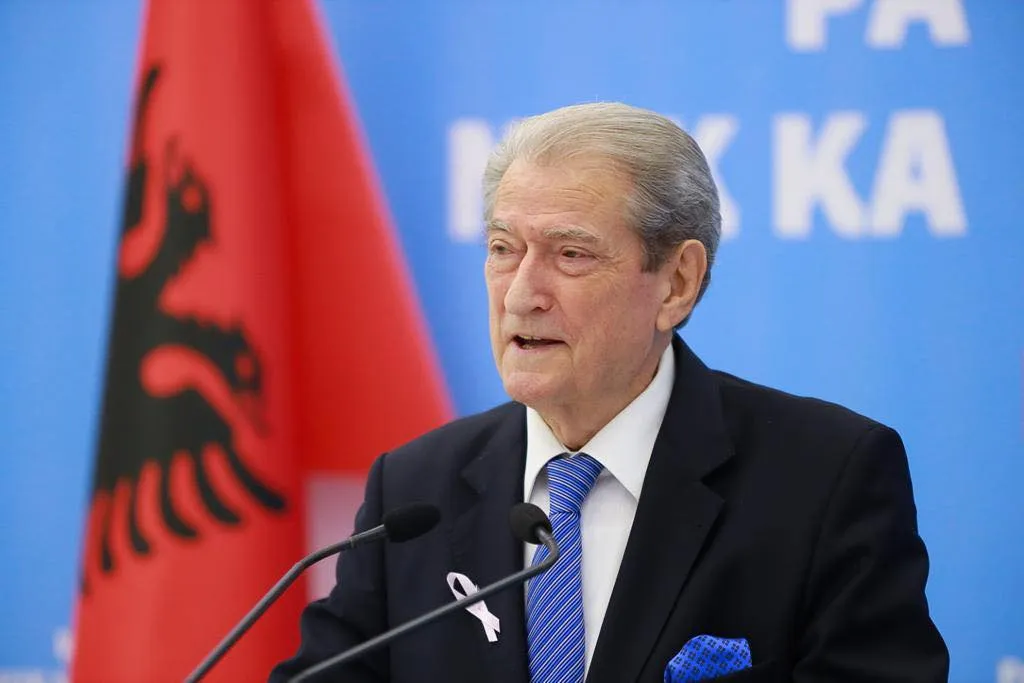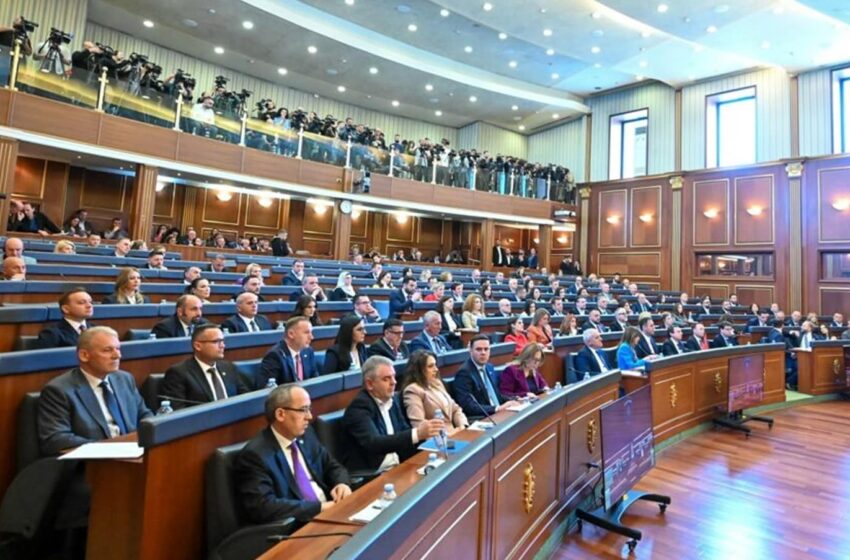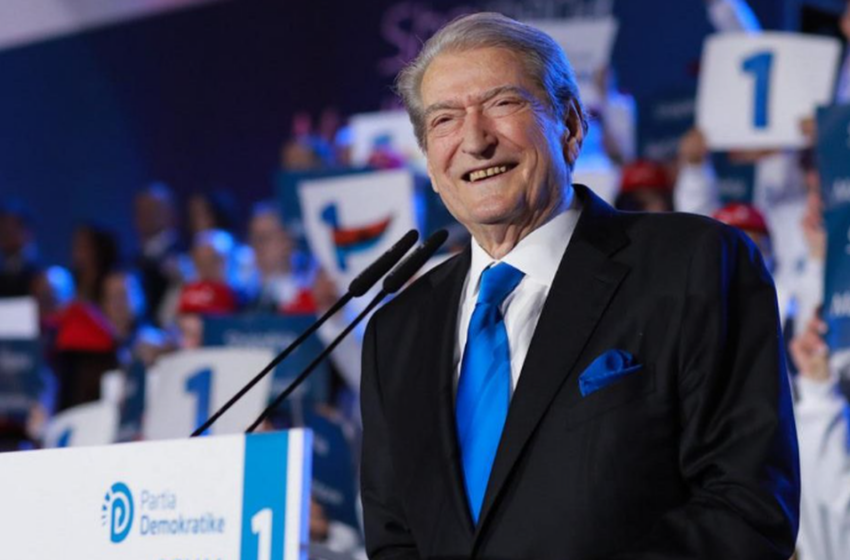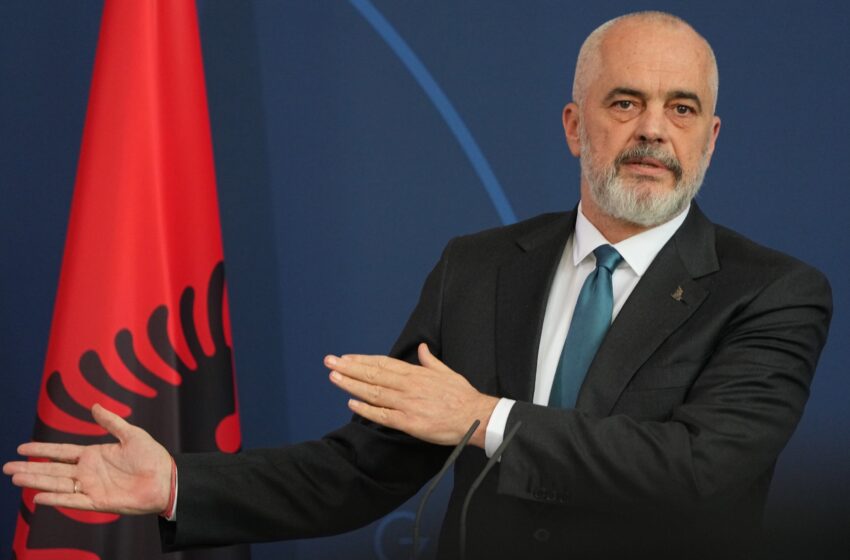Sali Berisha declares opposition’s unyielding fight amid corruption charges and imprisonment of Salianji

Photo: Sali Berisha
Sali Berisha, leader of the Democratic Party, declared today that the opposition will not retreat and has committed to civil disobedience following the imprisonment of MP Ervin Salianji. In a press conference, Berisha condemned what he described as a politically motivated decision orchestrated by Prime Minister Edi Rama to suppress the opposition.
Why is this important: Berisha’s intensified rhetoric and calls for civil disobedience come amid his own legal troubles. Currently under house arrest, Berisha and his son-in-law face trial over a controversial privatization deal from which his son-in-law allegedly earned millions. Additionally, Berisha has been declared persona non grata by the United States and the United Kingdom due to accusations of corruption and ties to organized crime. With his trial approaching, many believe that Berisha’s protests are designed to escalate tensions and potentially influence his legal situation.
Key Points:
- Condemnation of the Mandates Commission: Berisha vehemently criticized the Mandates Commission, accusing Rama of usurping power to imprison Salianji, a move he claims is unconstitutional and politically driven.
- Berisha’s legal situation: As Berisha calls for resistance, his own legal troubles cast a shadow over his motives. He is under house arrest awaiting trial on corruption charges, stemming from a privatization affair linked to his son-in-law. Both Berisha and his family are accused of benefiting financially, with his son-in-law reportedly earning millions from the deal.
- Persona non grata status: Berisha’s political credibility has been further damaged by his designation as persona non grata by the U.S. and U.K. for corruption and organized crime links. This international condemnation adds to the perception that his aggressive political maneuvers, including the protests, are meant to deflect attention from his legal battles.
- Commitment to civil disobedience: Despite these challenges, Berisha reaffirmed his commitment to civil disobedience, urging Democratic Party leaders to lead resistance efforts across the country. He promised that the opposition will continue its fight until what he calls the “Government’s narco-dictatorship” is overthrown.
- International reaction: The opposition’s protests have drawn concern from international actors. Both the U.S. and EU representatives have warned against the use of violence and urged for constructive dialogue to resolve political disagreements.
What’s next: Berisha pledged that the opposition has “taken to the streets” and will not back down until its mission is accomplished. As the political landscape grows more volatile, observers worry that the protests may be part of a broader strategy to influence Berisha’s upcoming trial and create instability in the country.


